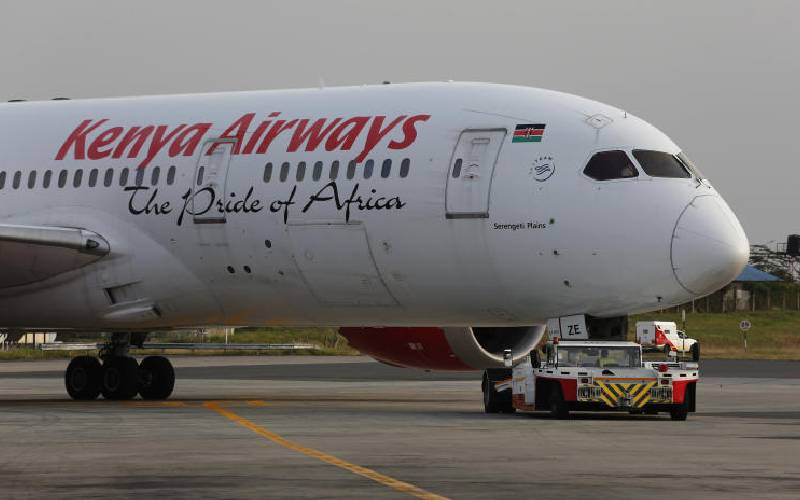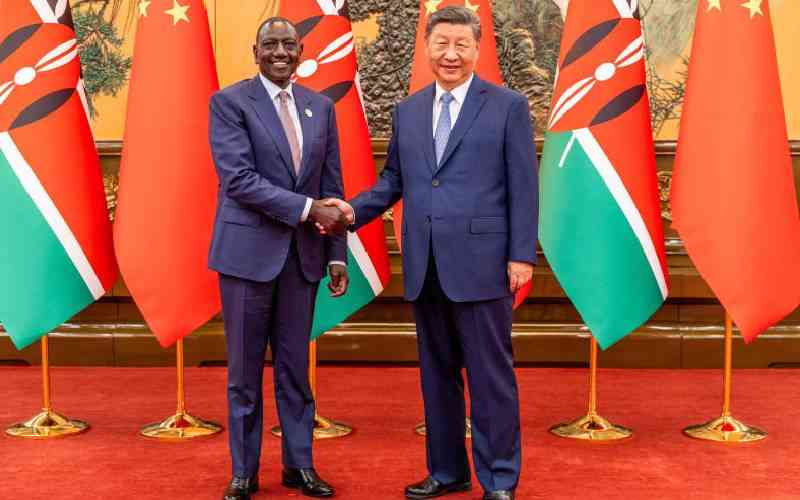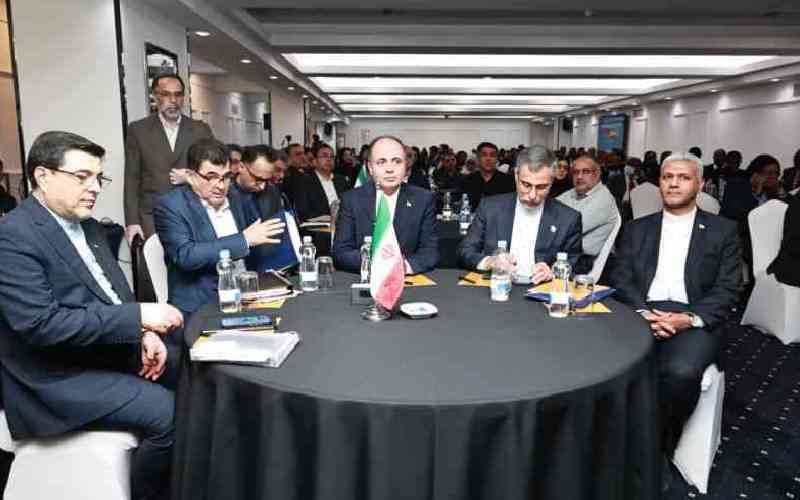×
The Standard e-Paper
Smart Minds Choose Us

The war may last longer than anticipated. Wars are easier to start than to end. [Courtesy]
Ukraine has refused to get off the headlines. After two weeks, the capital Kyiv is still in Ukrainian hands and the pincer movement has not subdued the country.







